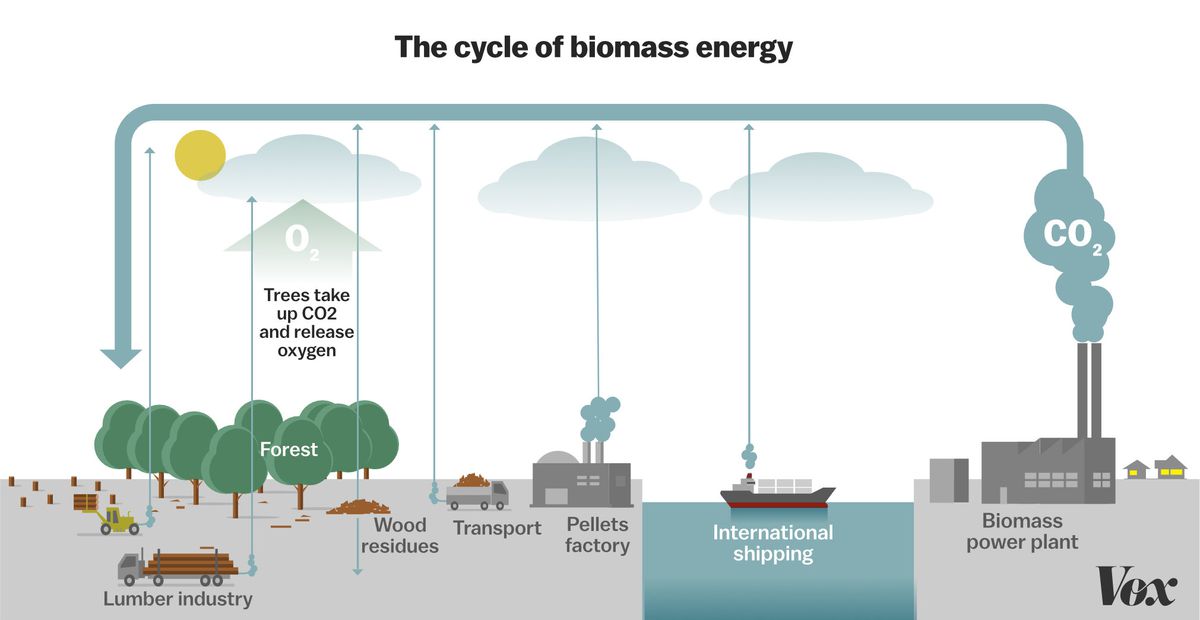As we enter 2017, and climate change, pollution and environmental continue to become ever more important, everyone is looking for renewable, reliable energy sources. Biomass is a sustainable, environmentally sound fuel that’s created entirely from organic materials, generally from refuse and by-products of various industries, such as lumber yards and industrial farming and agriculture. It’s essentially a by-product of other necessary industries, so is completely renewable and sustainable, and as we look to the future, finding ethically sound fuel sources is set to only get more and more important.
So what is Biomass Fuel Exactly?
Huge operations, like industrial scale agriculture, and industrial lumber yards produce a lot of unwanted plant matter, in the form of the unused parts of the crop in agriculture, and large amounts of sawdust. These by-products can amount to tons and tons of potential waste every year, which is an especially ugly concept when you think about their inherent potential as a fuel. On top of this, you’ve got animal manure, forest debris and other forms of organic waste that can be dried and made up into an incredibly effective, cheap and renewable fuel source. With the continual supply of organic waste from multiple industries, we can create biomass indefinitely, unlike the finite fossil fuels.
When you look at other fuel sources, namely oil and coal, biomass becomes an even more appealing prospect. Every other year we hear about another nightmare oil spill wiping out huge tracts of ocean, including local wildlife, tourism and fishing industries. The oil industry has a lot of blood on its hands, and on top of that is completely unsustainable, meaning that unless we move away and find other fuel sources, the prices will eventually skyrocket and we’ll find many services and modern conveniences grinding to a halt.
Coal-generating energy is also highly polluting, both the purifying and burning process cause a lot of potentially-carcinogenic pollutants to be released into the atmosphere, and on top of that, it’s another finite resource, meaning we have to move away from it.
Getting a biomass boiler fitted can cost upwards of £5,000, and with the Renewable Heat Incentive paying you cash per kWh of renewable energy produced, it’s actually a very attractive proposition. With log, pellet and wood burner boilers available, you’ll find the right biomass boiler for your situation. Once set up, you can expect regular savings, especially compared to other, older unsustainable power systems, and this is on top of the sustainability and environmental accountability inherent in it.
Biomass fuel is substantially cheaper than other fuels, especially if you’ve got a place to store large quantities of fuel. The average UK household will consume around 11 tonnes of biomass fuel a year, but this will still be substantially cheaper than other fossil fuels, saving you between £200 and £1200 a year on heating costs, as well as renewable energy incentives offered by the government. Once you’ve found a suitable supplier, you can just watch the savings roll in.
So far biomass has been used both commercially and domestically with great success, proving just as effective at powering industrial needs as well as homes. The Drax power plant biodomes are an example of its effective use in industrial power generating, having switched over to 50% biofuel power in the late 2000s, and looking to fully convert in the next few years.





